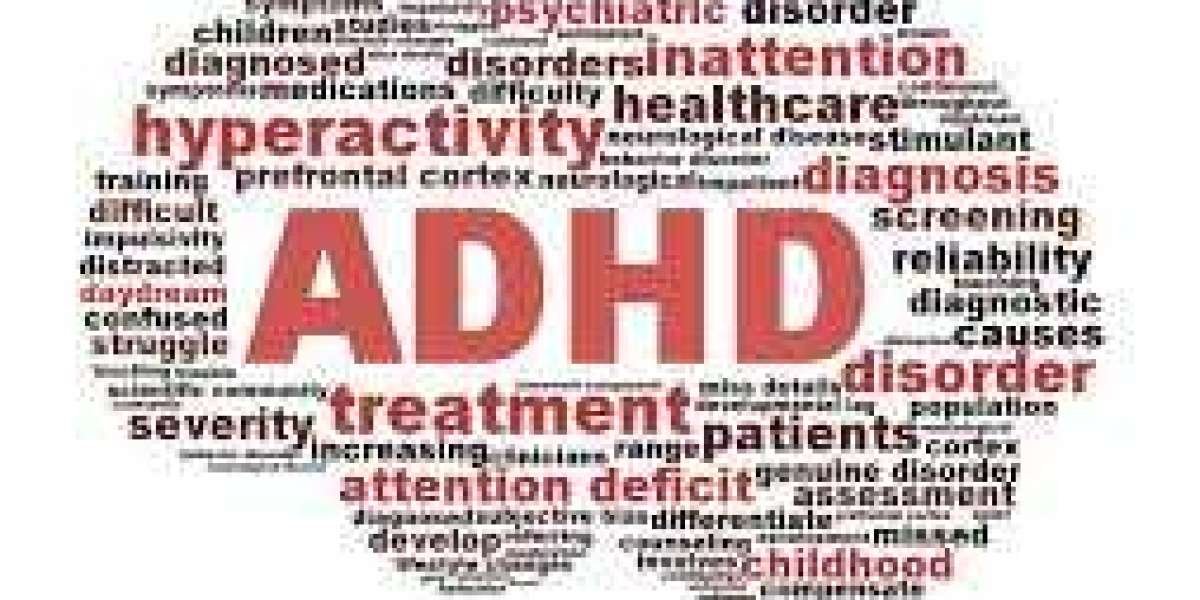Introduction:
The neurodevelopmental disorder known as Attention Deficit Hyperactivity Disorder (ADHD) is typified by impulsivity, hyperactivity, and inattention. Navigating the therapy alternatives can frequently feel like riding choppy rapids for people with ADHD. Medication is one of the main strategies for controlling the symptoms of ADHD. Nevertheless, using ADHD medication is not always a straightforward process. It entails comprehending the intricacies of many drugs, their effects, possible adverse effects, and determining the ideal balance for each unique patient.
Understanding ADHD Medication:
There are two main types of ADHD medications: stimulants and non-stimulants. The most often given pharmaceuticals are stimulants, such methylphenidate (e.g., Ritalin, Concerta) and amphetamine-based medications (e.g., Adderall, Vyvanse). These drugs improve focus, attention, and impulse control by raising dopamine and norepinephrine levels in the brain. Other neurotransmitters are the focus of non-stimulant drugs such as guanfacine (Intuniv) and atomoxetine (Strattera).
Challenges and Considerations:
Although using ADHD drugs can be very helpful in controlling symptoms, there are some difficulties associated with using them. Selecting the appropriate drug and dosage that is most effective for each individual is a major task. A person's tolerance level and brain chemistry might vary, so what works for one person might not work for another. To choose the best course of therapy, patients, caregivers, and healthcare professionals frequently need to work together patiently and patiently.
Controlling possible side effects presents another difficulty. Increasing heart rate, trouble sleeping, and decreased appetite are common side effects of stimulant drugs. Medication without stimulants may potentially cause adverse effects like weariness, nausea, and mood fluctuations. For the best results, it is crucial to keep an eye on these side effects and to alter the prescription as needed.
Concerns regarding the long-term effects of ADHD medication are also possible, particularly with regard to young children and teenagers. The effects of stimulant drugs on growth, cardiovascular health, and the likelihood of substance misuse later in life are still being debated and researched, despite data indicating that they are generally safe and effective when used as directed. In order to address any concerns and guarantee the safest course of treatment, it emphasizes the significance of routine monitoring and discussion with healthcare specialists.
Benefits of ADHD Medication:
For those who have been diagnosed with ADHD, medication has several advantages despite the difficulties. Medication, when taken as directed, can greatly enhance focus, attention, and impulse control, which helps people better handle everyday chores, obligations at work or school, and interpersonal interactions. Medication helps ease the irritation, worry, and low self-esteem that ADHD sufferers frequently feel by lessening their symptoms.
Furthermore, medicine can be an essential part of a thorough treatment program that also includes behavioral therapy, guidance and support, and lifestyle changes. Medication can improve overall outcomes and enable people to succeed academically, professionally, and personally when paired with other therapies.
Tips for Navigating ADHD Medication:
Managing the effects of ADHD medication calls for perseverance, hard work, and initiative. The following advice is for both persons and caregivers:
Learn for Yourself: Spend some time learning about ADHD, various drug alternatives, possible side effects, and symptom management techniques. Having knowledge gives you the ability to speak out for yourself or a loved one and make wise judgments.
Honest and transparent communication is essential when working with healthcare providers. Report any worries, inquiries, or symptom changes right away. Work together with your medical team to resolve any issues that may emerge and to modify your medication as necessary.
Keep an eye on the effects: Observe the effects of the medicine on behavior, mood, and symptoms. Take note of any adverse effects or modifications in efficacy. Consult your healthcare providers on a regular basis to review progress and make any necessary adjustments.
The Secret Is Consistency: Follow the recommended dosage schedule every time. Rebound effects may result from missing or adjusting dosages without first speaking with a healthcare professional, which might interfere with symptom management.
Holistic Approach: Keep in mind that managing ADHD involves more than just taking medication. To maximize treatment effects, include other tactics like counseling, organizing tools, exercise, and a healthy lifestyle.
Conclusion:
Navigating the rapids of ADHD medicine may be a rewarding and stressful experience. People with ADHD are better equipped to navigate the treatment process by being aware of the intricacies of various drugs, interacting with healthcare professionals, and applying holistic management techniques. Recall that treating ADHD symptoms is doable and may help people reach their full potential and succeed in all facets of life with persistence, patience, and support.













